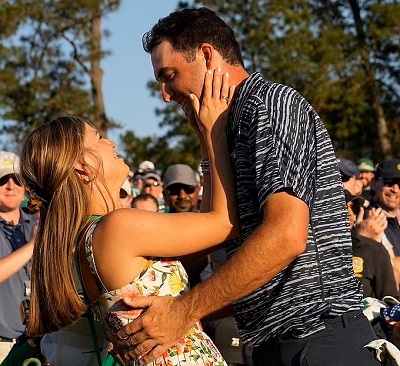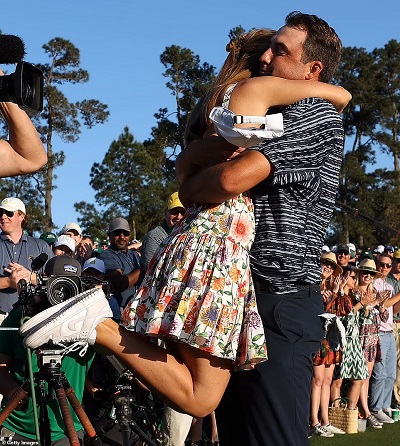Among many of my Readers, I know that their opinion of golf is that it takes up acreage better used for a shooting center. However, after watching the 2022 Masters last week, something really fine happened.
A young guy named Scottie Scheffler emerged the champion, and here’s his story.
Even better, he and his pretty wife have been crowned as the world’s cutest couple:





Best of all? (and this just has to stick in the media’s craw)
“It all goes back to my faith,” he said. “The reason why I play golf is that I’m trying to glorify God and all that he’s done in my life. So for me, my identity isn’t a golf score. Like Meredith told me this morning, if you win this golf tournament today, if you lose this golf tournament by 10 shots, if you never win another golf tournament again she goes, I’m still going to love you, you’re still going to be the same person.”
God, humility and family.
Makes me tear up, it does.










